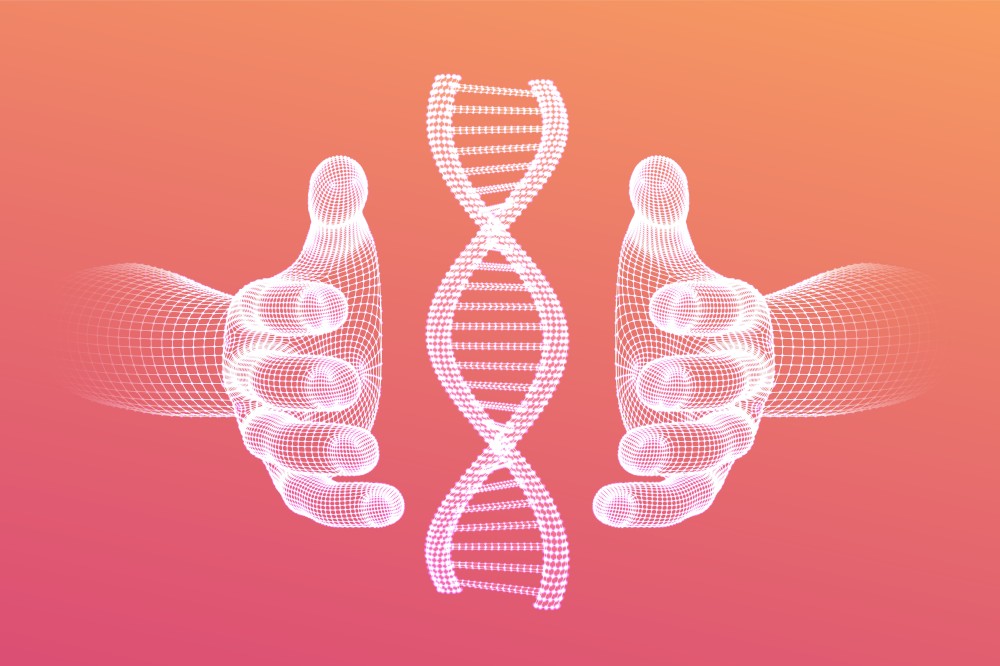Genetic Counselling

Genetic counseling helps individuals understand and manage genetic risks through risk assessment, education, testing options, emotional support, and informed decision-making.
Who is a Candidate for Genetic Counseling?
- Individuals with a personal or family history of genetic disorders.
- Couples planning to conceive, especially with known genetic risks.
- People with a history of miscarriages or infertility.
- Those diagnosed with a condition that may have a genetic component, like certain cancers or inherited diseases.
When to Get Genetic Counseling?
- Before planning a pregnancy, particularly for those with a family history of genetic disorders.
- During pregnancy if screening tests indicate potential genetic issues.
- After a diagnosis of a genetic condition to understand implications and management.
- When there is a significant family history of cancer or other genetic diseases.
Components in Genetic Counseling:
- Risk Assessment: Evaluating personal and family medical history to determine the risk of genetic conditions.
- Education: Providing information about genetic disorders, inheritance patterns, testing options, and implications.
- Testing Options: Discussing available genetic tests, including benefits, limitations, and potential outcomes.
- Emotional Support: Offering psychological support to help cope with the potential impact of genetic conditions.
- Decision-Making Guidance: Assisting in making informed decisions about testing, prevention, and management strategies.
- Follow-Up: Providing ongoing support and resources as needed based on test results and family needs.